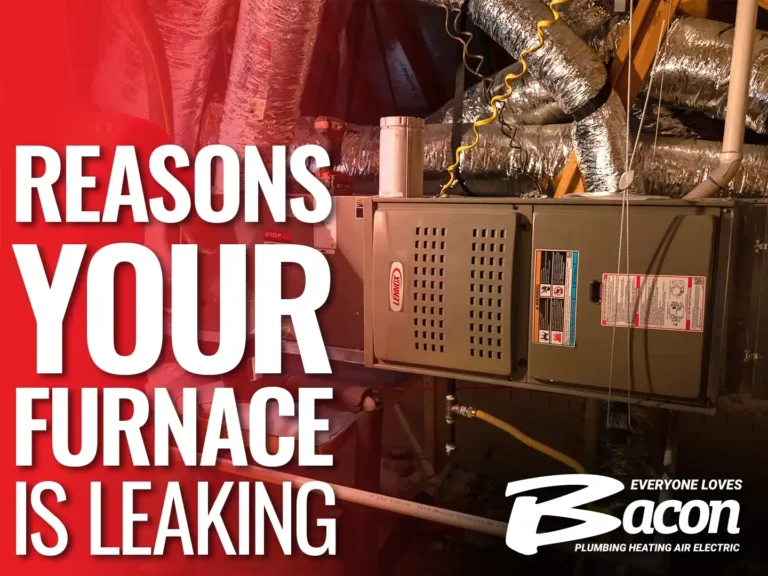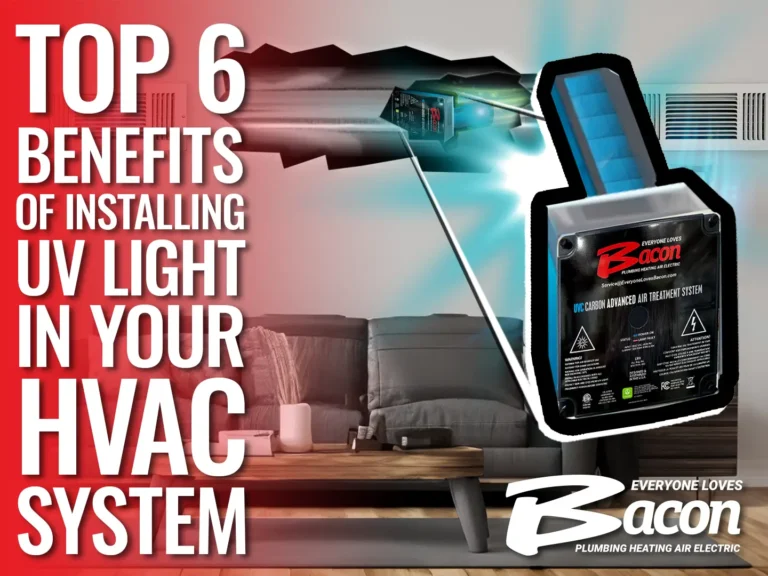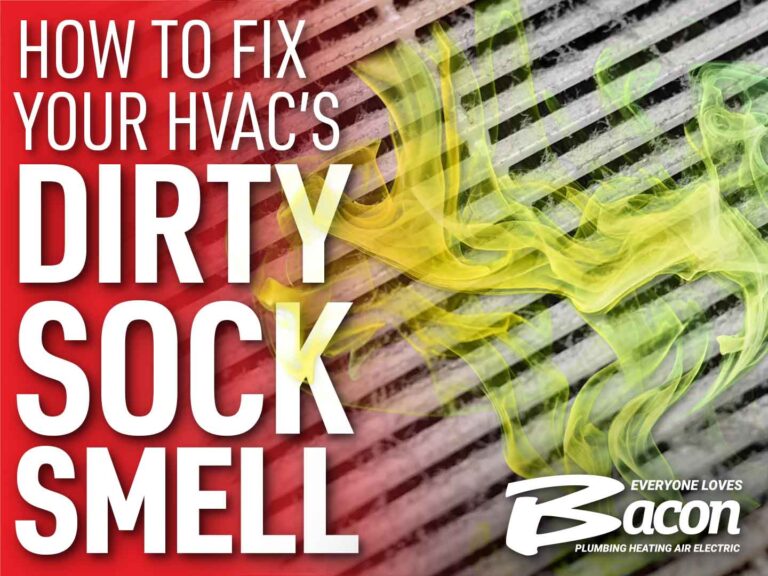Nothing disrupts your comfort faster than an air conditioner that keeps shutting down your power. When your AC repeatedly trips the circuit breaker, it signals a home electrical issue that demands immediate attention.
This frustrating problem often stems from overloaded circuits, dirty filters restricting airflow, refrigerant leaks, or failing capacitors. Below, we reveal the exact causes behind this common HVAC emergency and provide practical next steps.
Understanding Why Your Air Conditioner Keeps Tripping the Breaker
When your air conditioner repeatedly trips your home’s circuit breaker, several underlying issues could be responsible. These problems range from simple maintenance oversights to serious electrical malfunctions requiring immediate professional attention.
Dirty or Clogged Air Filters Causing Excessive Strain
One of the most common and easily fixable causes of circuit breaker trips is dirty or clogged air filters. When filters become excessively dirty, they restrict airflow through your HVAC system, forcing the air conditioner to work harder and draw more current to maintain desired temperatures.
Your AC unit consumes significantly more electricity when struggling against the resistance created by blocked filters. This increased power draw can exceed the amperage rating of your circuit breaker, causing it to trip as a safety measure to prevent overheating and potential fire hazards.
How to fix clogged air filter issues
- Locate your system’s air filter (typically found in the return air duct or inside the air handler unit)
- Remove the existing filter and check its condition
- Replace disposable filters or clean reusable ones according to manufacturer guidelines
- Establish a regular maintenance schedule to check filters monthly during peak cooling season
Most residential systems require filter changes every 1-3 months, though homes with pets, allergies, or high dust levels may need more frequent replacements.
Refrigerant Leaks Causing System Inefficiency
Refrigerant leaks represent another common cause of breaker trips. Your air conditioning system relies on precise refrigerant levels to transfer heat efficiently. When refrigerant leaks occur, your system must work harder to cool your home, drawing excess power and potentially tripping breakers.
Signs of refrigerant leaks in your AC system
- Diminished cooling performance despite continuous operation
- Unexplained increases in electrical consumption
- Hissing sounds near refrigerant lines
- Ice formation on evaporator coils
- Warm air blowing from vents when system runs
Refrigerant leaks require professional attention as refrigerant handling demands EPA certification and specialized equipment. Additionally, modern refrigerants can pose environmental and health hazards when improperly managed.
Electrical Component Failures Within Your AC system
Various electrical components within your air conditioning system can deteriorate over time, leading to short circuits or ground faults that trip breakers. The most common electrical failure points include:
Capacitor Failures
Capacitors store electrical energy needed to start your AC compressor and fan motors. When capacitors degrade, they create electrical irregularities that draw excess current. Failed capacitors are often visibly bulged or leaking.
Compressor Problems Causing Excessive Power Draw
The compressor pushes refrigerant through your AC system. Older compressors or those with mechanical problems require more electrical power to operate. This increased power demand often trips your circuit breaker before the compressor fails completely.
Fan Motor Issues Creating Electrical Imbalances
Both the condenser fan (outside unit) and blower motor (inside unit) can develop electrical problems that cause breaker trips. Bearings that become worn or motors that develop internal shorts create power fluctuations that trigger protective circuit responses.
Inadequate Electrical Capacity for Your HVAC system
Many homeowners experience breaker trips because their electrical system lacks sufficient capacity for their air conditioning equipment, particularly in older homes or after AC upgrades.
Circuit Overload from Multiple High-demand Appliances
Air conditioners require dedicated circuits due to their substantial power requirements. When other high-consumption appliances (refrigerators, microwave ovens, hair dryers) share the same circuit as your AC unit, the combined power draw can exceed breaker limits.
Undersized Circuit Breakers Not Matching AC Requirements
Your air conditioner requires a circuit breaker rated appropriately for its amperage needs. An undersized breaker will trip frequently even when the AC operates normally. Check your unit’s documentation to confirm proper electrical specifications.
Age-related Breaker Deterioration Affecting Performance
Circuit breakers themselves deteriorate over time. Older breakers may trip at lower amperage levels than their rating indicates, creating false protection signals during normal AC operation.
External Factors Affecting your AC Electrical Performance
Several factors external to your air conditioning system itself can cause breaker trips:
High Ambient Temperatures Increasing System Workload
During extreme heat waves, your air conditioner works substantially harder to maintain comfortable indoor temperatures. This increased workload translates to higher electrical consumption that may approach or exceed circuit limitations.
Power supply problems creating voltage irregularities
Utility company issues, including brownouts or voltage fluctuations, can affect your air conditioner’s performance and potentially cause breaker trips. These problems typically affect multiple appliances simultaneously.
Wiring deterioration creating resistance points
Homes with aging electrical systems often develop high-resistance connections that generate heat at junction points. This heat buildup can trigger breaker trips even when current levels remain within normal ranges.
When to Call a Professional HVAC Technician
Let’s face it—while you can handle some AC issues yourself, there comes a point when calling in the pros is the smartest move for your home and safety. Here’s how to know when it’s time to make that call.
Watch for these warning signs that signal it’s definitely time to pick up the phone:
- Your breaker trips immediately when you turn on your AC (that’s never a good sign!)
- You notice any burning smells coming from your AC components (safety first!)
- There’s visible damage to electrical connections (definitely not something to ignore)
- You spot discoloration around outlets or switches (this often indicates dangerous heat buildup)
- Multiple circuit breakers are tripping at once (your electrical system is crying for help)
What will the pros actually do? When HVAC technicians arrive, they bring specialized equipment and expertise that goes far beyond DIY troubleshooting. They’ll:
- Measure exactly how much power your system is drawing (often the smoking gun in breaker issues)
- Test those critical capacitors that often fail before other components
- Check your refrigerant levels and hunt down those sneaky leaks that make your system work overtime
- Thoroughly inspect all electrical connections (finding problems you might never spot)
- Evaluate your compressor’s health through sophisticated diagnostic tests
Preventative Maintenance to Avoid Future Breaker Trips
Establishing regular maintenance routines significantly reduces the likelihood of circuit breaker issues. For seasonal HVAC inspections, schedule professional maintenance twice yearly: before cooling season begins (spring) and before heating season starts (fall). These inspections identify potential problems before they escalate to breaker trips.
For DIY maintenance tasks between professional visits, we recommend homeowners should:
- Monitor and change air filters regularly
- Keep outdoor condenser units clear of debris
- Listen for unusual operational sounds
- Check thermostat settings for appropriate cycling patterns
- Monitor electrical usage patterns for unexpected changes
Don’t Let a Tripped Breaker Leave You in the Heat
If your air conditioner keeps tripping the breaker, it’s often a sign of deeper electrical or mechanical trouble. Whether it’s an airflow restriction, a failing compressor, or a deeper electrical issue, getting to the root of the problem early can save you time, money, and discomfort.
That’s where Bacon Plumbing Heating Air Electric comes in. With certified electricians and licensed HVAC technicians all under one roof, we offer a seamless, all-in-one solution for issues that cross between your cooling system and electrical panel.
If your AC is causing electrical trouble, skip the guesswork and call Bacon today at .



